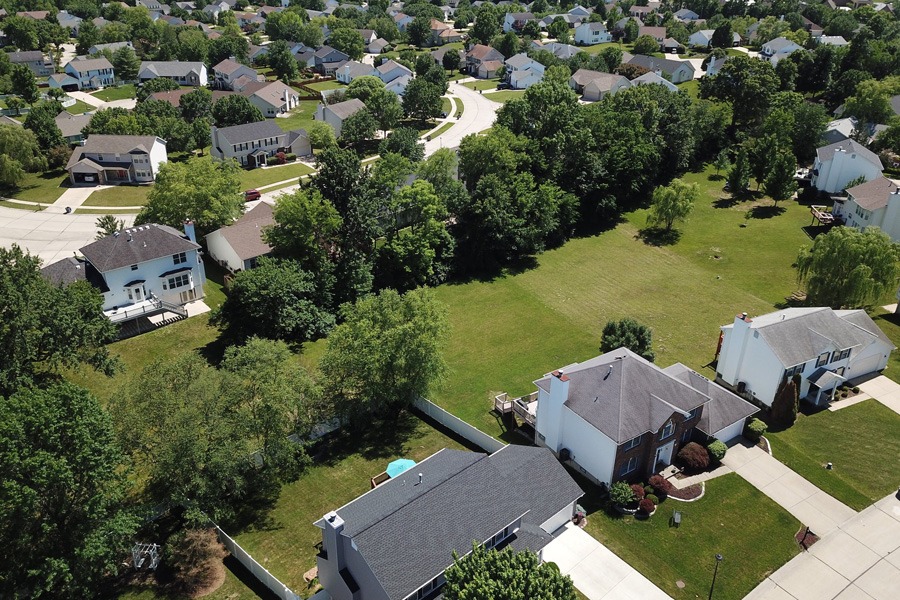
Financial Considerations When Buying a Home
Buying a house is a cultural milestone in the United States. For many people, it represents being responsible, financially stable, and ready to start a family. However, rising interest rates and limited inventory are making it harder than ever to own a home. Here are four major drawbacks to understand before entering such a frenzied real estate market.
The Inability to Move
Most high paying jobs center in bigger cities. If you’re let go or find yourself quitting your job in one city, the next job may be in a different city or state altogether. A lack of job security can lead many people to distrusting the idea of homeownership. After all, it may be easier and more financially responsible to rent a house or apartment, instead of purchasing a home you would then have to sell or rent out yourself.
At the least, opting out of homeownership gives you more flexibility to move to a different side of town and reduce your commute time if your situation changes. Similarly, you’ll have a greater ability to find a cheaper place if you discover yourself falling on hard times and needing to reduce your monthly budget.
Added Debt
If you’re knee-deep in other debt, taking on more debt is extremely dangerous. This is especially true if you lack a job that can easily pay off multiple debts at once. Additionally, depending on your credit score, you may not be offered the best interest rate for your home loan.
Maintenance and Surprise Expenses
Once you’re a homeowner, you’re on the hook for all the maintenance and repair that pops up in your house. This includes leaky pipes, broken windows, and stained carpets. Though some expenses can be put off until later, like cosmetic issues, you’re still responsible for handling (and paying for) any damages yourself.
Homeownership entails a major financial commitment while also eliminating a lot of flexibility in your living situation. Be sure to weigh all of the pros and cons before you start house hunting.